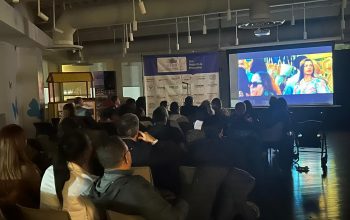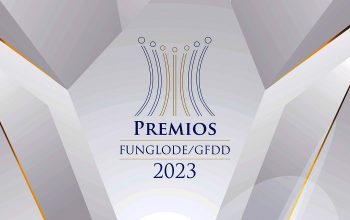news
Coral Reef Ecosystem is in Poor Condition but Can be Restored
April 22, 2005
Experts from Global Foundation for Democracy and Development (FUNGLODE) and Counterpart International have evaluated different areas of Sosúa, Samaná, Bayahíbe and Punta Cana in order to begin with the implementation of the " Coral Gardens " project
Experts from the Global Foundation for Democracy and Development (FUNGLODE) and Counterpart International completed the first phase of the Coral Gardens Project, an initiative to conserve and restore threatened coral reefs and fisheries in the Dominican Republic . This Project is part of the cooperative agreement signed by the two institutions in January of this year.
 |
In this phase, that began April 15th, a team led by American expert Austin Bowden-Kerby and integrated by Christine Hicks and Jaime Moreno – Director of FUNGLODE’s Center for Sustainable Development Studies – focused its efforts in the areas of Sosúa, Samaná, Bayahíbe and Punta Cana. |
The team’s final evaluation is worrying yet hopeful. Jaime Moreno mentioned that "it was very surprising to see the poor condition of the coral reefs". He remarked that the team
found worms and sea shells that, due to the lack of fish and mollusk from which to feed, "are destroying the coral reef."
However, this is not the only problem that affects the ecosystem. "The situation is worsened by land pollution and waste coming from rivers, which generate an over population of algae that end up drowning out the coral," explained
Moreno .
During the inspections, the experts installed coral nurseries- that will work as pilot projects – which will allow "to evaluate the health of the areas and then choose those where corals have a better chance of survival. . These will be the areas where the nurseries will be installed.", said Austin Bowden-Kerby, the team’s director.
The most critical problem is overfishing which causes
ecological imbalances. Overfishing is caused by the poverty around the areas, making the coral reef ecosystems a disappearing resource..
Another problem is the high density of marine activities, which require drastic regulation. Ship anchors and large quantities of tourists stepping on the grounds cause a negative impact which we should regulate", noted the Director of the Foundation’s Centre for Sustainable Development Studies.
Restoring Possibilities
Notwithstanding the situation, Austin Bowden-Kerby is very optimistic. "Corals are very strong formations with a high recovering capacity, but they need the human intervention to attain restoration in reasonable time. The coral reef ecosystem is in poor condition but it can be recovered through a coastal-maritime management system, which will rebuild ecological balance to the
coral reef ecosystem. "We should quickly begin working in those areas where fishing is regulated and create marine protected areas, which will help raise awareness allowing the sustainability of these coastal ecosystems, including mangroves , marshland and marine prairies, among others."
In various places on the globe, the American scientist ha





